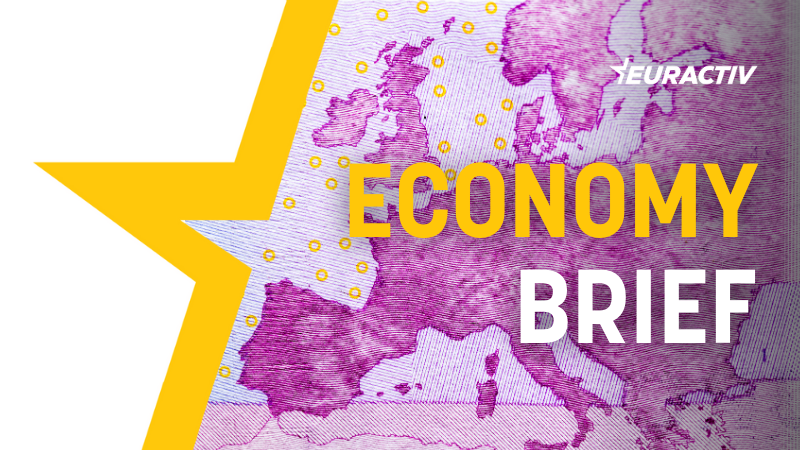Bussiness
Foreign entrepreneurs in the US will require a higher investment threshold to do business in the United States – Investing Abroad News

America has hiked the minimum amount of investment and revenue thresholds under the International Entrepreneur Rule. The International Entrepreneur Rule allows foreign entrepreneurs to establish business in the United States. The International Entrepreneur Rule allows foreign entrepreneurs to float a business in the USA by requiring ownership in a start-up entity funded by a US investor.
The United States attracts global elite talent, fostering innovation and creating new jobs, industries, and opportunities for all Americans due to its capacity to attract global entrepreneurs. So, if you want to come to America without investing any funds, you just need a mandate from investors to land up in the land of opportunities.
The International Entrepreneur Rule allows entrepreneurs to immigrate to America without investing, requiring proof of other qualifying US investors investing in their startup business.
Entrepreneurs may be either living abroad or already in the United States and the Start-up entities must have been formed in the United States within the past five years.
International Entrepreneur Rule: New Thresholds effective October 1, 2024
For an initial application, entrepreneurs must demonstrate the startup entity’s substantial potential for rapid growth and job creation by showing at least $311,071 (earlier $264,147) in qualified investments from qualifying investors, at least $124,429 (earlier $105,659) in qualified government awards or grants, or, if only partially meeting the threshold investment or award criteria, alternative reliable and compelling evidence of the start-up entity’s substantial potential for rapid growth and job creation.
Essentially, if relying on an investment from a qualifying investor, the amount is increasing from $264,147 to $311,071.
If relying on a government award or grant, the amount is increasing from $105,659 to $124,429.
The revenue amount for consideration of re-parole is increasing from $528,293 to $622,142.
An individual or organization may be a qualified investor if they made investments in start-up entities comprising a total of no less than $746,571 (rather than $633,952) in a specified 5-year period and, after those investments, at least two of those entities have each created at least five jobs or generated at least $622,142 (rather than $528,293) in revenue with annualized revenue growth of at least 20%.
The entrepreneur may be granted an initial parole period of up to 2½ years. If approved for re-parole, based on additional benchmarks in funding, job creation, or revenue described below, the entrepreneur may receive up to another 2½ years, for a maximum of 5 years. If granted parole, the entrepreneur would be authorized to work for their startup entity incident to their parole, and their spouse, if also granted parole, would be eligible to apply for employment authorization to work in the United States.













